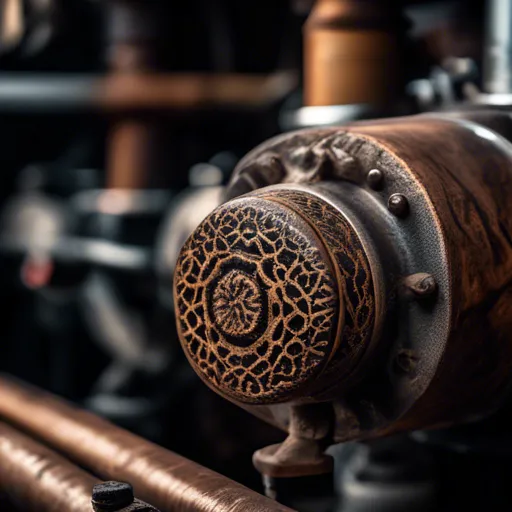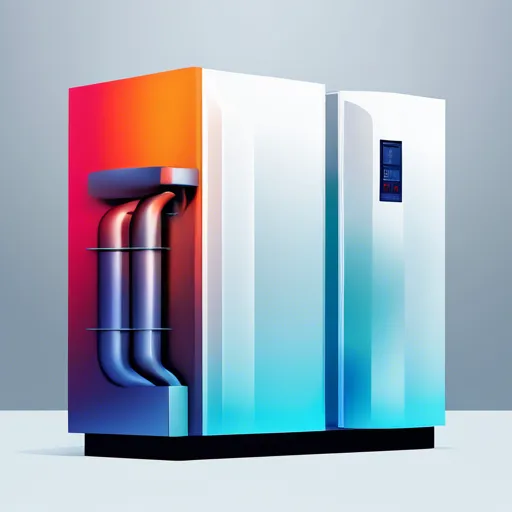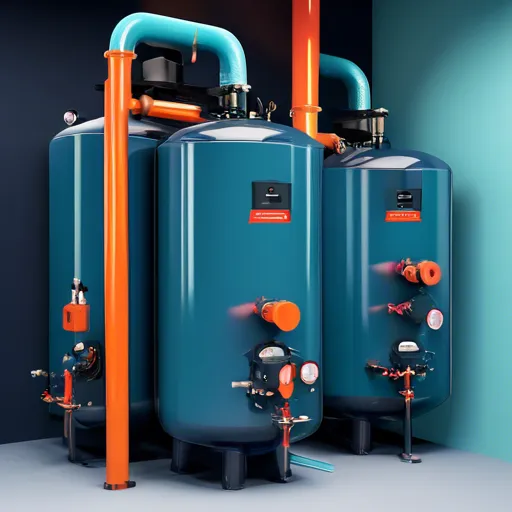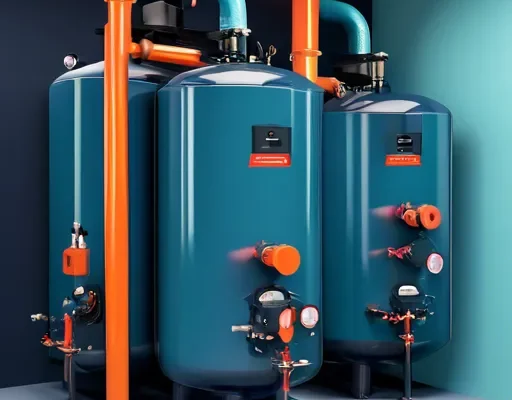The boiler is the unsung hero of any household, tirelessly providing the warmth and hot water that make our lives comfortable. But, like all heroes, it needs care and attention to keep it in prime condition. How can you ensure your boiler remains in tip-top shape? Welcome to the world of boiler maintenance and repair, where a little know-how can save you a lot of trouble.

Routine Maintenance: A Stitch in Time
The old adage “prevention is better than cure” holds particularly true in the realm of boiler maintenance. Regular check-ups can prevent minor issues from snowballing into major crises.
1. Check the Pressure
Boiler pressure that’s too high or too low can spell disaster. Aim for a pressure between 1 and 1.5 when the system is off.
2. Inspect the Vents
Ensure your boiler’s air vents are unobstructed. Clean vents mean efficient combustion and better performance.

3. Bleed Your Radiators
If your radiators are colder at the top than at the bottom, you might need to bleed them to remove trapped air.
Descaling: The Battle Against Limescale
Limescale is the enemy of all things that heat water. This hard, chalky deposit can wreak havoc on your boiler’s inner workings.
1. Use an Inhibitor
Chemical inhibitors help prevent limescale buildup. Add them to your system to extend its lifespan.
2. Regular Flushing
Flush your system annually to remove any sludge and limescale. Think of it as spring cleaning for your boiler.

Fun Fact: Enough limescale can reduce your boiler’s efficiency by up to 30%, potentially cooling your budget more than your home.
Troubleshooting Common Problems
No living room cozying up by the fire pit set up at your summer cottage can compare to a home without hot water. Here’s how to tackle some frequent boiler woes before they become costly repairs.
1. No Heating or Hot Water
Check the thermostat and timer settings. Also, ensure that the pilot light is on and the pressure is adequate.
2. Leaking and Dripping
Leaking usually indicates a broken internal component. Call a professional to replace faulty parts before it leads to larger issues.

3. Strange Noises
Kettling (banging or whistling) can be a sign of limescale. Bleeding the radiators or consulting a professional may silence these complaints.
Tip: Like the elegant organization of a wardrobe internal layout, every part of your boiler must be in its place and functional.
When to Call for Professional Help
While DIY fixes can often suffice, some cases necessitate the expertise of a boiler technician. Recognizing these situations can prevent further damage.
Look out for:
- Repeated pilot light failures.
- Boiler constantly switching off.
- Unexplained house-wide power trips.
The Financial Aspect: Cost vs. Savings
Though boiler upkeep incurs a small annual cost, the savings are immeasurable when it prevents energy wastage and high repair bills.
Indeed, an efficient boiler enhances modern kitchen life, ensuring you enjoy both style and comfort without the burden of unexpected breakdowns.
Effective boiler maintenance might sound like a chore, but it’s an investment in your home’s comfort. By mastering these methods, you’ll ensure your mechanical marvel continues to serve you faithfully, keeping those chilly winter evenings at bay. Remember, a little preventive care today can ensure a trouble-free tomorrow.
